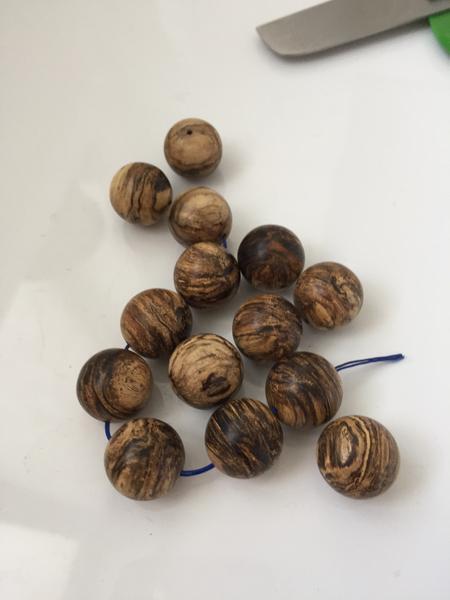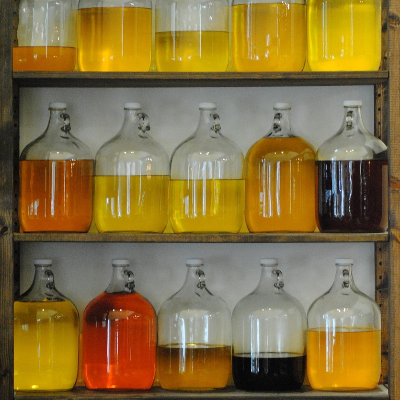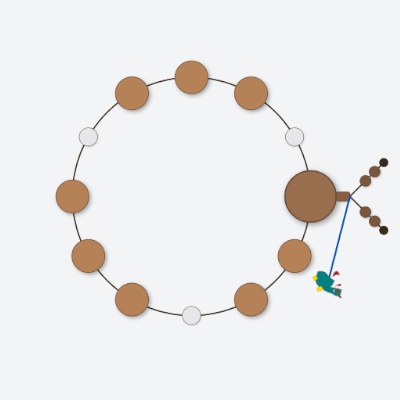Menu
-
-
F.A.Q
- How to identify genuine agarwood chip, natural or cultivated
- How to identify oil injection / absorption fake agarwood beads
- How to know if there are more than one oil in your oil
- How to make your wood bracelet or mala darker
- How to tell if an Agarwood bead sinks WITHOUT sinking it under water?
- How does back flow incense work and how do you burn it?
- Where to start if you don't know what agarwood is ?
- Why are you losing money if you buy seeds and plants?
- Which agarwood incense should I choose?
- Frequently Asked Questions
- Agarwood Related Articles
- Shipping
-
SHOP - Agarwood
-
SHOP - Other Fragrant Wood
-
SHOP - Incense Holder and Burner
-
- FREE Oud Oil guide
- Testimonials
- "Why did you buy this?"
- Contact us
- About Us
- +61430284329
- Login
-
English


Agarwood Beads Making
July 11, 2017 2 min read
The raw material:
It might take experienced hunters several months to obtain these genuine raw agarwood logs as they are quite difficult to obtain

Inexperienced hunters usually get "look-alike" agarwood logs which in most of the time they are not. The tricky part is, sometimes, buyers can even identify and try to make beads out of these logs. For examples
(not agarwood)
(beautiful pattern but unfortunately NOT agarwood)
Image what if you bought beads made from the above wood logs which are claimed as genuine agarwood? How do you feel? The bad news is there are many sellers out there selling mala and bracelet made from "un-agarwood" material. The good news is there are also plenty of genuine sellers out there. So please have a quick read and educate yourself a little before committing to purchase one
Agarwood Beads Making
The video below shows partially how a mala bead was made.
It takes patience and time to produce each bead because this process will be repeated 108 times. As agarwood (Aquilaria) is very soft and non-timber wood, quite often, get damaged (cracked) during bead spinning process. In short, it requires intensive and skilful labour.
From the material, agarwood logs are cut into small square shape object per below.
Again, similar to 108 mala, each bead (usually 16mm to 18mm) is individually spun with care.


Re-Stringing beads together
Cultivated agarwood beads (bi-polar), the darker part is agarwood, and the lighter part is young white wood when you see the pattern, it is usually made from cultivated or farmed agarwood.
Below is the image showing the above explanation

It takes considerable effort and an enormous amount of time to verify original agarwood material, to complete each set of agarwood beads either 108 mala or bracelet. So please, before you asked "please cheaper brother" or "too expensive", consider the process of bringing everything together as a complete product. It would be expensive, after all.
Leave a comment
Comments will be approved before showing up.










